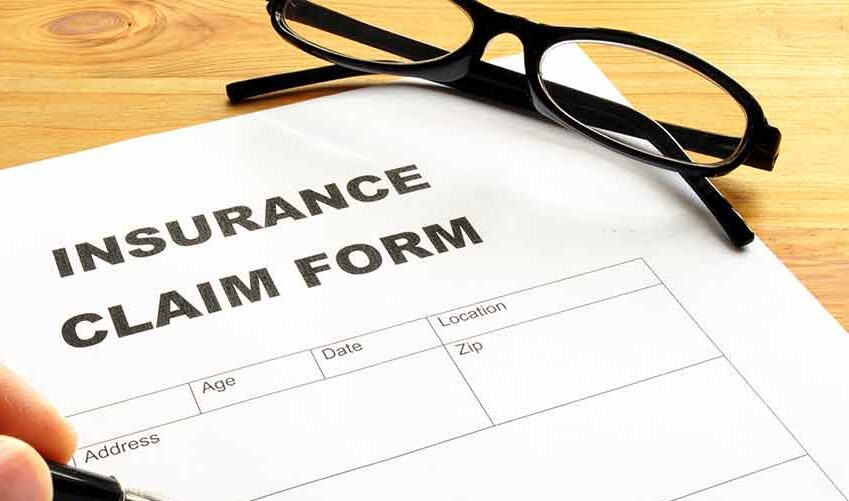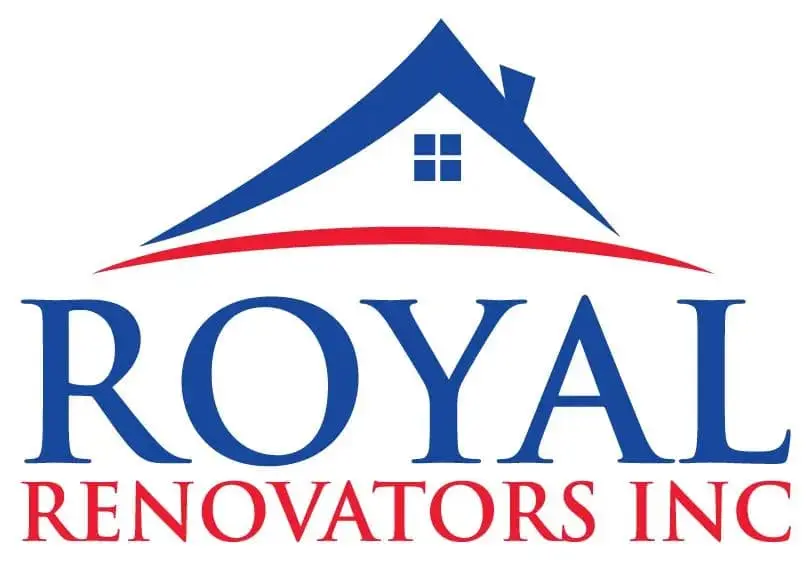Roof Insurance: What Every Roofer Must Know

Roofers must bear some expenses to run a profitable business. While supplies and possibly marketing expenditures are usual, there is one necessary extra cost. Roofing insurance should be a part of your annual expenses if you want to be a prosperous roofing contractor.
Construction is undoubtedly one of the most dangerous careers in modern society, so insurance requirements in this field are often rather complicated. Roofing, in particular, is a high-risk occupation because roofers do not have two feet on the ground when working. The most dangerous aspect of roofing is when a laborer or related contractor falls off the roof or a ladder and sustains an injury.
Although the high probability of physical wounds is the most important reason to insure your roofing job, there are additional hazards of property and equipment damage, among other things, that should be adequately protected.
Let’s have a closer look at the many sorts of business insurance coverage that a typical roofing company should consider but before then, let’s delve more into its importance.
What Is the Importance of Roofing Insurance?
There are a variety of reasons why being insured is so important when taking on any work; they are highlighted below:
It is required in some states: You may be compelled to get general liability insurance based on where you operate. Inquire into the prerequisites in your condition of employment.
Customers may refuse to engage you if you don’t have insurance: Savvy customers are aware of the risk of being held liable if something goes wrong on-site with a not insured contractor. You may lose business due to the monetary loss and the unfavorable judgment or uninsured contractors.
It’s a risky job: Accidents do occur in the roofing sector, unfortunately. You must be safeguarded. As claimed by the United States. Bureau of Labor Statistics Census of Fatal Occupational Injuries, the roofing business has 29.9 casualties for every100,000 full-time workers.
What kind of insurance do roofers need?
A business owner’s policy (BOP) is a must-have for roofing protection. Although larger construction companies will almost certainly need to purchase general liability, commercial property, and business interruption policies individually, smaller companies (commonly those with fewer and hundred employees and produce below $5 million in annual revenue) will be able to save money by bundling these three coverages into a BOP.
General Liability Insurance: General liability insurance protects you and your staff if your acts cause property destruction on a customer’s residence or harm to a non-worker. In essence, it would cover roofers in the event of a third-party physical injury on the project site, which implies that a person who isn’t a roofer is hurt on the job. For instance, if one of your tools fell from the roof and wounded a passer-by, general liability insurance would assist cover all of the expenses related to the damage.
Embarrassment, slander, wrongful arrest, and other reputational rights of your business and yourself are all covered under general liability. It also covers client claims about services or products that your company promotes.
Commercial Property Insurance: Destruction of property and tool will be covered. This insurance coverage will safeguard your building and the things within it, irrespective of whether you own or rent office buildings, storage amenities, or garages for your company. Roofing contractors will frequently add a “tools and equipment floater” to their policy to cover any particular tools and equipment they may require for their operation, whether bought or borrowed.
Lastly, business interruption or loss of earnings insurance is frequently included in a BOP. It reimburses companies if they have to close down and cannot work for any reason. It usually covers a year’s worth of lost income and operating expenditures.
Workers’ Compensation: If your workers become ill or wounded, Workers’ compensation insurance should be regarded as essential coverage when putting together a roofing insurance package because the protection of your employees is of the utmost significance in the roofing industry.
As we have already established, roofing is a precarious industry with a high fatality rate, which implies that you will probably have to spend a little more for a solid workers’ compensation policy than most other lower-risk enterprises are wounded on duty and are unfit to return to work, workers’ compensation will cover them.
If one of your employees is hurt on the job, your workers’ compensation insurance will cover all medical expenses, including rehabilitation. When your employees are healing and incapable of working, workers’ compensation will pay their lost wages.
If a fatal injury happens, workers’ compensation will award incapacitation and even casualty benefits in a more catastrophic situation. It also covers you against workers’ compensation claims, including defense expenses and potential settlements, in the case that your wounded worker chooses to sue you rather than receive the workers’ compensation benefits you’ve provided.
Commercial Auto Insurance
If your roofing business requires the use of automobiles, trucks, vans, or trailers, you need to get commercial auto insurance. Since, even if you own these automobiles, personal auto insurance will not cover the work-related costs.
If a person is wounded while operating a business automobile, commercial auto insurance will cover third-party autos and personal injury protection and medical expenses for you and your workers. If you or your employees are involved in a crash in which a third party is hurt, it will also cover third-party physical injuries.
Most business auto plans also include collision coverage, which pays for any destruction to your car in the event of an accident with another car, and gap coverage, which pays for the remaining balance on a leased automobile if it is seriously destroyed and necessities replacement.
Inland Marine Insurance
If the majority of your roofing company’s property and tool is stored in a single place and you only work in a specific region, your BOP coverage should suffice. However, if you work in several different areas and need to transfer a lot of your tools and supplies from one site to another, you should consider purchasing inland marine insurance also.
To round off, we hope this article is helpful to you. And most importantly, if you need more information about roofing insurance, you can reach us at 118-35 Queen Blvd Forest Hills, NY, or contact us via 11375 (718) 414-6067.
